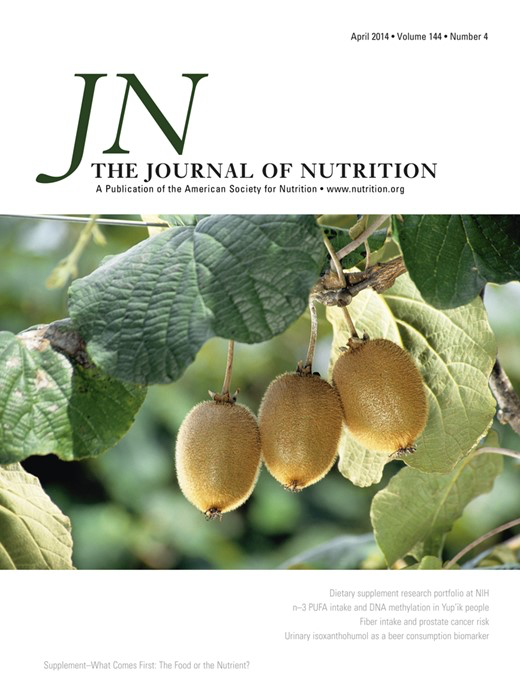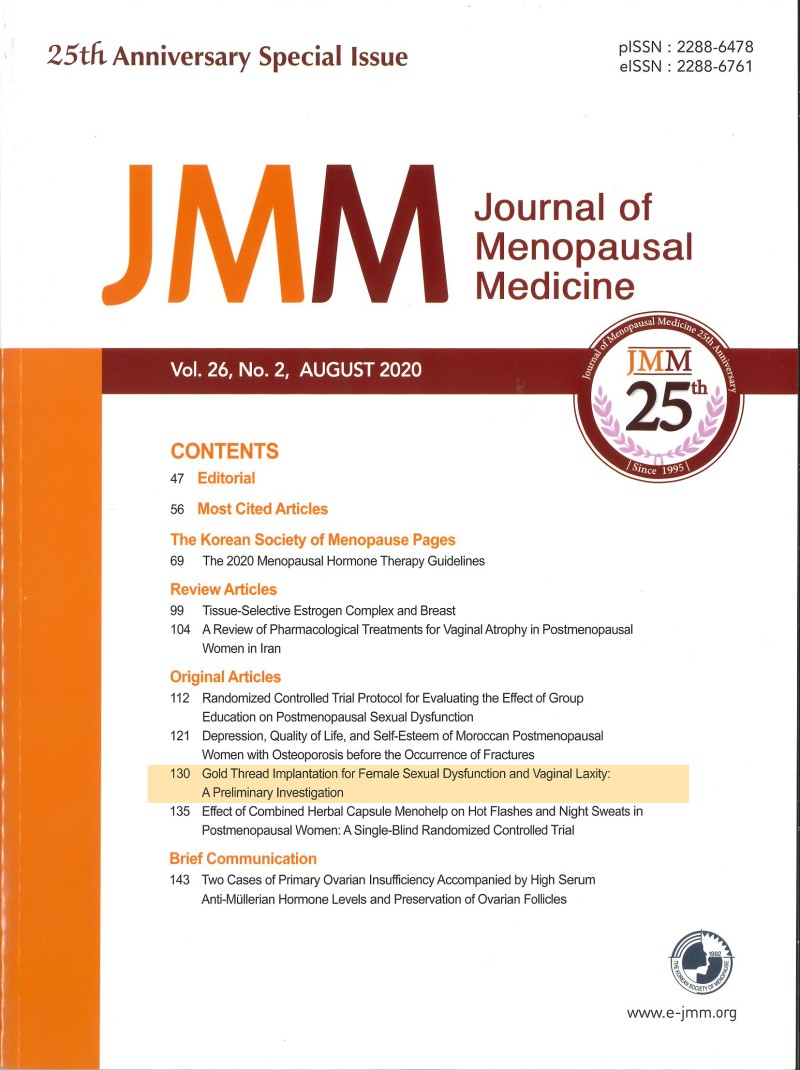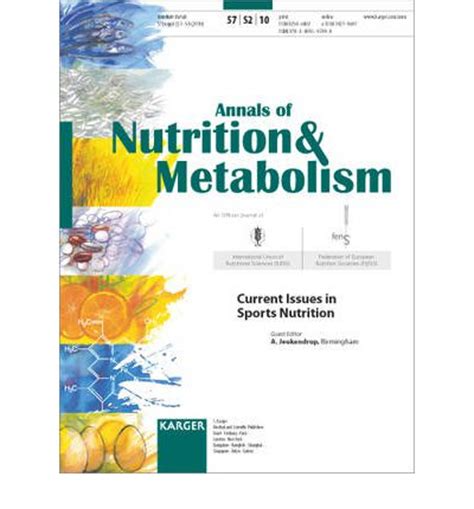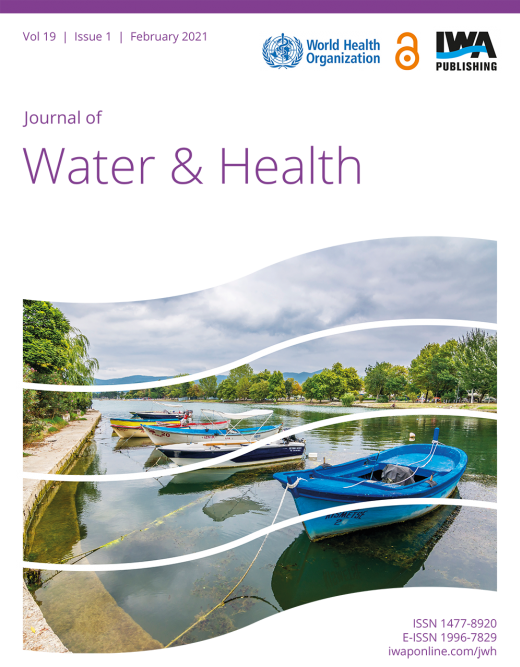Drinking Water
How to submit an article:
- Registered users can submit any published journal article that has a unique DOI (Digital Object Identifier) name or link to Research Hub.
- For example, you can paste the full DOI link:
https://doi.org/10.1109/5.771073or just the DOI name:10.1109/5.771073into the field above and click submit. - The person who is first to submit a valid article to Research Hub will forever be credited for it, and every article submission earns you +6 Research Points.
Published research studies are articles that present the findings of original research that has undergone a peer-review process and has been made publicly available in scholarly journals, books or other media.

Association of Consuming Tap Water or Purified Water during Infancy with Irritable Bowel Syndrome in Children
2022 Jan 20 Children Kim JH, Baek HS, Ha EK, Cha HR, Lee SW, Han MY
Analysis of 917,707 children revealed that those who consumed formula powder prepared with purified water had a higher risk of developing IBS compared to those using tap water (HR: 1.05; 95% CI: 1.01, 1.09). This association persisted in subgroup analyses by gender and sensitivity analyses using different IBS definitions. The findings suggest a potential link between the type of water used for formula preparation in early infancy and the development of IBS.
Cohort Study Children's Health Purified Water Tap Water Irritable Bowel Syndrome Drinking Water
Drinking Water Source and Intake Are Associated with Distinct Gut Microbiota Signatures in US and UK Populations
2022 Jan The Journal of Nutrition Vanhaecke T, Bretin O, Poirel M, Tap J
Drinking water source, including bottled, tap, filtered, or well water, ranked among the key contributing factors explaining the gut microbiota variation, accounting for 13% (Faith's phylogenetic diversity) and 47% (Bray–Curtis dissimilarity) of the age effect size. Well water drinkers exhibited distinct gut microbiota signatures, including higher fecal α diversity, higher Dorea, and lower Bacteroides, Odoribacter, and Streptococcus. Low water drinkers also showed differences in gut microbiota compared to high water drinkers, with a higher abundance of Campylobacter. No associations were found between oral microbiota composition and drinking water consumption.
Cohort Study Gut Microbiota Drinking Water
Effect of Alkaline Drinking Water on Bone Density of Postmenopausal Women with Osteoporosis
2021 Jan Journal of Menopausal Medicine Fasihi S, Fazelian S, Farahbod F, Moradi F, Dehghan M
Clinical Study Alkaline WaterAlkaline drinking water significantly improves spine bone density in postmenopausal women with osteoporosis, more than standard treatment alone.

Associations between Drinking Water Source and Gut Microbiota Composition in the American Gut Project Database
2021 Jan Annals of Nutrition and Metabolism Vanhaecke T
The type of drinking water significantly influences fecal microbiota composition, with drinking water source ranking among the key contributing factors explaining gut microbiota variation. Subjects consuming different water sources exhibit distinct gut microbiota signatures, indicating that drinking water may play an important role in shaping the gut microbiome. Future research should consider drinking water source as a covariate in analyses investigating the gut microbiota in relation to environmental factors.
Cohort Study Drinking Water
The effect of different drinking water in culture medium on feces microbiota diversity
2020 Nov 27 Journal of Water and Health Zhou K, Liu W, Chen Z, Yang D, Qiu Z, Feng H, et al.
Experimental Study Animal Study Bacteriodetes Gut Microbiota Mineral WaterMineral water increases the diversity of gut microbiota by aiding the growth of Bacteroidetes taxa.
Research insights are moderated by the Research Hub team and offer an at-a-glance overview of interesting research findings.

2021 Journal of Menopausal Medicine
Alkaline drinking water significantly improves spine bone density in postmenopausal women with osteoporosis, more than standard treatment alone.
Clinical Study Alkaline Water
Effect of Alkaline Drinking Water on Bone Density of Postmenopausal Women with Osteoporosis
Fasihi S, Fazelian S, Farahbod F, Moradi F, Dehghan M

2020 Journal of Water and Health
Mineral water increases the diversity of gut microbiota by aiding the growth of Bacteroidetes taxa.
Experimental Study Bacteriodetes Gut Microbiota Mineral Water
The effect of different drinking water in culture medium on feces microbiota diversity
Zhou K, Liu W, Chen Z, Yang D, Qiu Z, Feng H, et al.

2018 Evidence-Based Complementary and Alternative Medicine
Drinking alkaline-reduced water can improve the quality of life in patients suffering from diarrhea-predominant irritable bowel syndrome.
Clinical Study Diarrhoea Irritable Bowel Syndrome
Effects of Alkaline-Reduced Drinking Water on Irritable Bowel Syndrome with Diarrhea: A Randomized Double-Blind, Placebo-Controlled Pilot Study
Shin DW, Yoon H, Kim HS, Choi YJ, Shin CM, Park YS, et al.
Review Articles
Review articles summarise and critically evaluate the current state of research on a specific topic or field by synthesising multiple primary research studies.
Clinical Trials
Clinical trials are research studies that involve people and are conducted to evaluate the safety and efficacy of new treatments or interventions, such as drugs, medical devices, or behavioural therapies.

The effect of drinking water pH on the human gut microbiota and glucose regulation: results of a randomized controlled cross-over intervention
2018 Nov 09 Scientific Reports Hansen TH, Thomassen MT, Madsen ML, Kern T, Bak EG, Kashani A, et al.
Randomised Controlled Trial Drinking Water
Effects of Alkaline-Reduced Drinking Water on Irritable Bowel Syndrome with Diarrhea: A Randomized Double-Blind, Placebo-Controlled Pilot Study
2018 Jan Evidence-Based Complementary and Alternative Medicine Shin DW, Yoon H, Kim HS, Choi YJ, Shin CM, Park YS, et al.
Clinical Study Randomised Controlled Trial Diarrhoea Irritable Bowel SyndromeDrinking alkaline-reduced water can improve the quality of life in patients suffering from diarrhea-predominant irritable bowel syndrome.
Study Protocols
Published study protocols are detailed plans that outline the objectives, methodology, statistical analyses, and organisation of a research study that have been made publicly available for others to review and use as a reference.
Presentation Slides

Clinical Study
Alkaline drinking water significantly improves spine bone density in postmenopausal women with osteoporosis, more than standard treatment alone.
Fasihi S, Fazelian S, Farahbod F, Moradi F, Dehghan M

Experimental Study
Mineral water increases the diversity of gut microbiota by aiding the growth of Bacteroidetes taxa.
Zhou K, Liu W, Chen Z, Yang D, Qiu Z, Feng H, Li C, Jin M, Li J, Xu Q, Shen Z

Clinical Study
Drinking alkaline-reduced water can improve the quality of life in patients suffering from diarrhea-predominant irritable bowel syndrome.
Shin DW, Yoon H, Kim HS, Choi YJ, Shin CM, Park YS, Kim N, Lee DH
Executive Summary
Write an executive summary in the form of a blog article on the topic of "Research into Chinese medicine treatment for Drinking Water" summarising the research below and using language that can be easily understood by patients and avoiding medical jargon using a professional and caring tone of voice.
Write an executive summary in the form of a blog article on the topic of "Researched Chinese medicine treatments for Drinking Water" summarising the research below in an objective and easy to understand way, and using language that can be easily understood by patients. Group the article into Chinese medicine treatments first, followed by nutrition and other treatments. Avoid using medical jargon and use a professional and caring tone of voice.
Write me a concise but easy to understand executive summary on the topic of "Chinese medicine treatments for Drinking Water" based on the following research that I will give you. Your summary should be 2 paragraphs long in Australian English spelling and include references to the studies.
A Clinical Study published in 2021 in the journal Journal of Menopausal Medicine found that Alkaline drinking water significantly improves spine bone density in postmenopausal women with osteoporosis, more than standard treatment alone. The study involved 100 postmenopausal women with osteoporosis, equally divided into an intervention group and a control group, each consisting of 50 women. The intervention group received calcium D daily, 1.5 liters of alkaline water daily with a pH of 8.6 ± 0.3, and a weekly Osteofos tablet (70 mg). The control group received only calcium D and the Osteofos tablet. The study duration was three months, and bone mineral density was measured using bone densitometry for the femur and spine, both before and after the intervention. After the three-month intervention, both groups showed significant increases in the mean T-scores of the femur and spine bones. Notably, the increase in the spine T-scores was significantly greater in the intervention group compared to the control group. However, there were no significant differences in the changes in the femur T-scores between the two groups.
A Experimental Study published in 2020 in the journal Journal of Water and Health found that Mineral water increases the diversity of gut microbiota by aiding the growth of Bacteroidetes taxa. The researchers carried out the study on BALB/c mice, focusing specifically on the bacterial community in their feces and how it responds to different types of drinking water. These types included commercial bottled mineral water, natural water, purified water, and tap water. After culturing the feces in a combination of brain heart infusion broth dissolved in the four water types, they conducted a 16S rRNA gene analysis to study the bacterial composition. The bacterial composition varied significantly between the four different types of drinking water. Over time, the overall number of Operational Taxonomic Units (OTUs) decreased, with the exception of cultures grown in mineral water under aerobic conditions. Under these conditions, by the fifth day, alpha diversity differences were particularly noticeable when comparing mineral water with the other types. The most unique taxa were found within the mineral water group. Notably, the Bacteroidetes taxa showed the most significant differences, dominating in the mineral water compared to the other types of water. This indicates that using mineral water as a culture medium could lead to a progressive increase in gut microbiota diversity.
A Clinical Study published in 2018 in the journal Evidence-Based Complementary and Alternative Medicine found that Drinking alkaline-reduced water can improve the quality of life in patients suffering from diarrhea-predominant irritable bowel syndrome. In this study, twenty-seven patients with diarrhea-predominant irritable bowel syndrome were divided into two groups: one group that drank at least 2 liters of alkaline-reduced water a day, and a control group that drank placebo water. The duration of the experiment was eight weeks, during which symptom scores (including quality of life and abdominal pain/discomfort), stool form, and frequency were evaluated via questionnaires both before and after the treatment duration. The results indicated that an overall greater percentage of patients in the alkaline-reduced water group experienced symptom improvement across the majority of the treatment period compared to the control group. Specifically, the quality of life score in the alkaline-reduced water group significantly improved, a change which was significantly more substantial than the minor improvement seen in the control group. The report about abdominal pain also showed its reduction in both groups, but this change did not significantly differ between the two groups.
Moderation Tools
Topic
Sign In
Users not signed in are limited to viewing the 5 most recent items of content.
This study used pH-modified tap water in the participants' homes and no difference in gut microbiota or glucose metabolism was found. —Jinnan C 28 Dec 2023